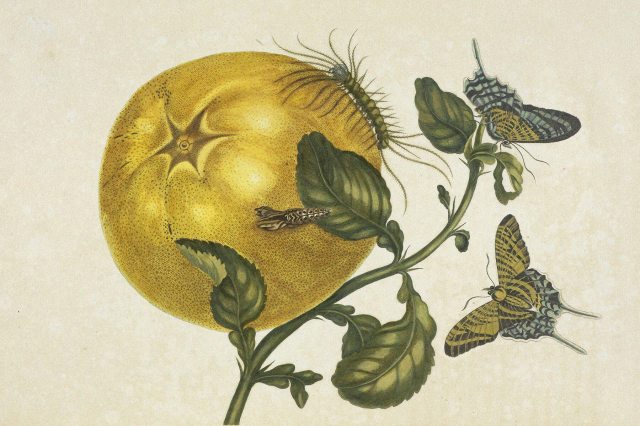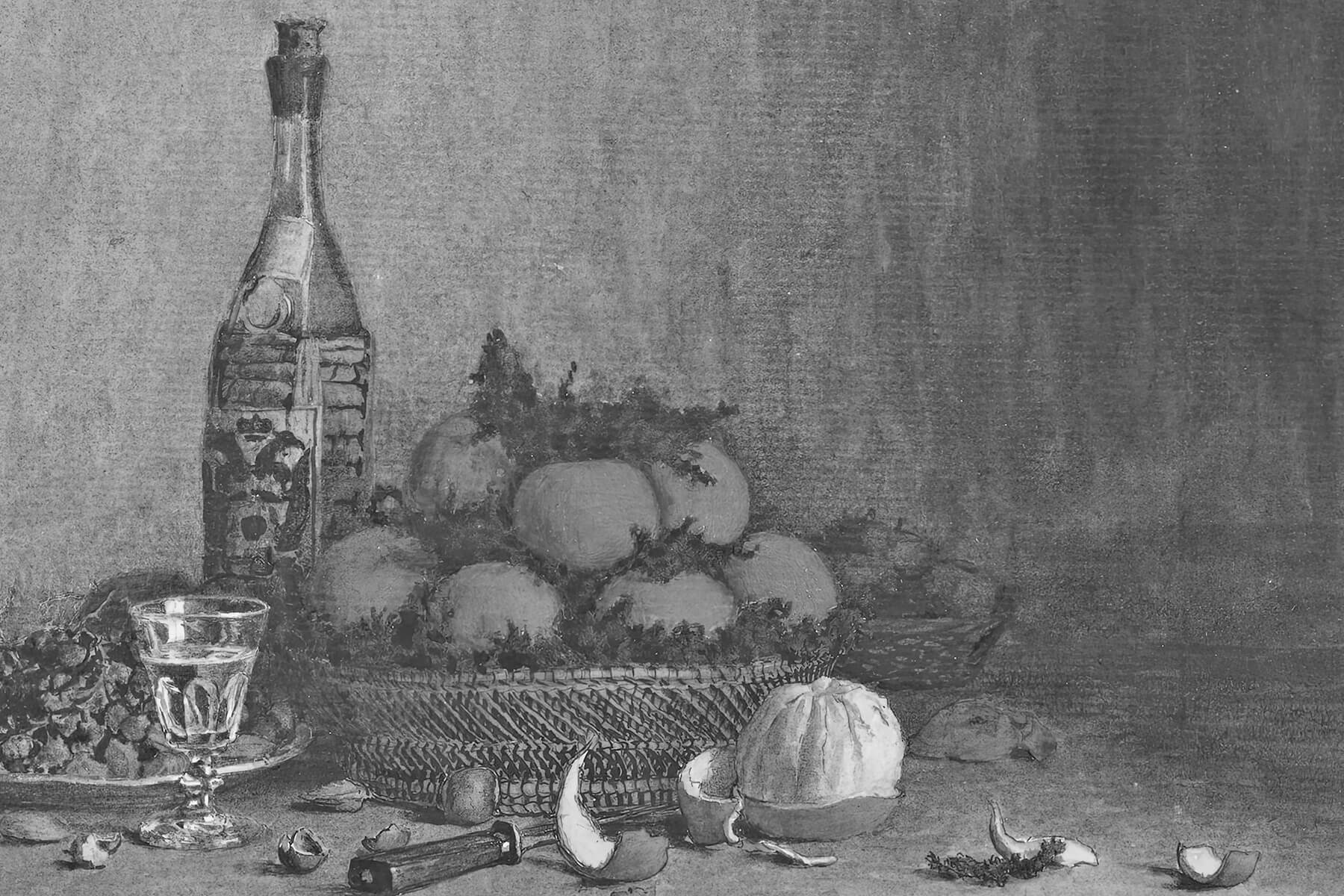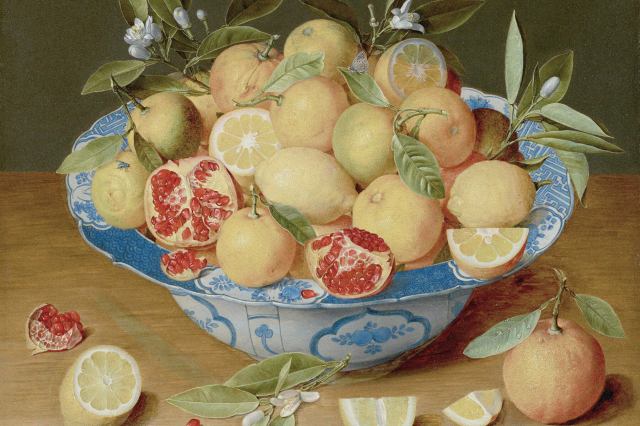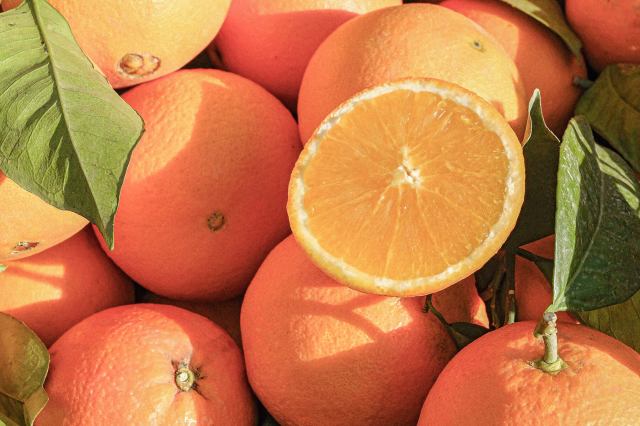What Did Oranges Used To Look Like? (They Weren’t Always Orange)
When we think of oranges today, we picture an almost perfectly round fruit with a sweet, citric, juicy interior that is, as the name suggests, orange in color. It’s a common fruit around the world; in the U.S., oranges consistently rank as the third-most-consumed fresh fruit behind bananas and apples — and it ranks No. 1 among juices.
But oranges weren’t always as popular or as common as they are today — and they didn’t even look the same. The oranges we’re familiar with are the result of thousands of years of cultivation and selective breeding. Here, we peel back the layers of history to discover what oranges used to look like and how they evolved into the fruit we enjoy today.

The Origins of Oranges
Oranges, and all other citrus fruits, can trace their roots to the southeast foothills of the Himalayas. According to DNA evidence, the first citrus trees appeared in this region about 8 million years ago; from there, they spread across the Indian subcontinent and then to south-central China. These ancient citrus fruits, however, were nothing like the oranges we know today. They were smaller, often bitter, and came in a variety of shapes and colors, from knobby, yellow fruits akin to the modern citron to large, green, smooth-skinned citruses similar to the modern pomelo.
All the oranges, lemons, limes, and grapefruits we eat today are descendants of just a handful of ancient species, namely citrons, pomelos, and mandarins, all native to South Asia and East Asia. The sweet orange we know today, which accounts for about 70% of global orange production, is a cultivated hybrid of the ancient pomelo — a large, pale green or yellow fruit with a thick rind — and ancient mandarins, which were then only a little larger than olives. That original hybrid, however, would have been quite different from the oranges we have today.

















